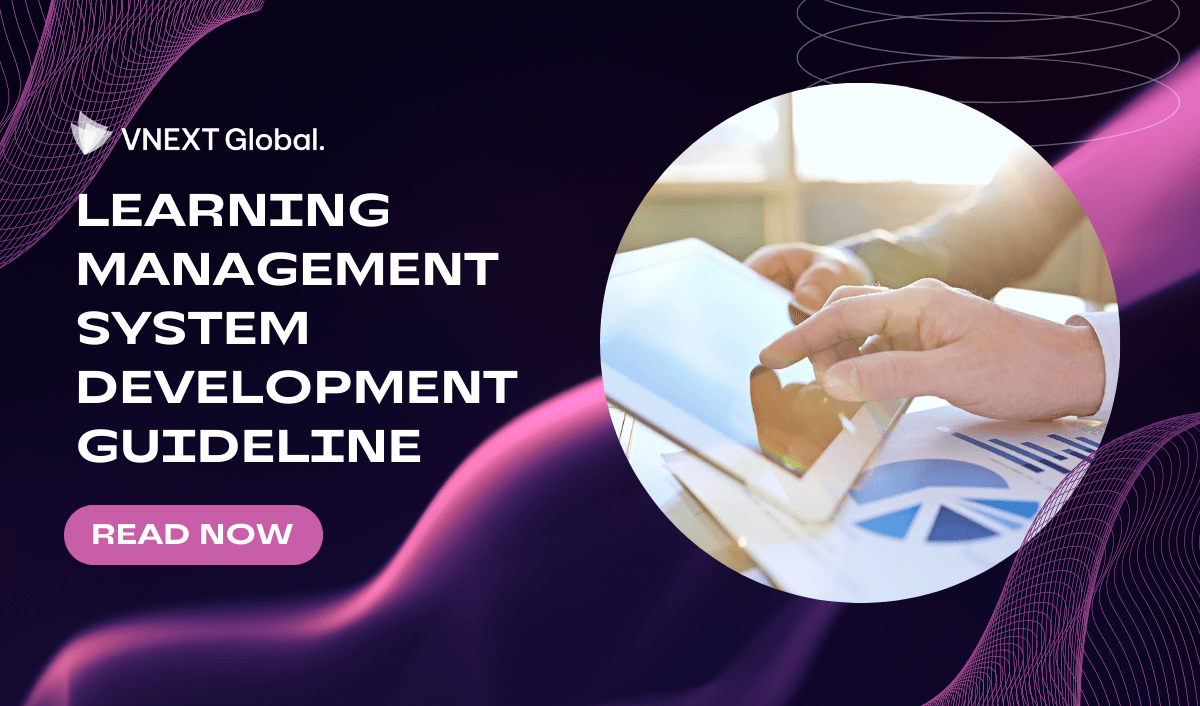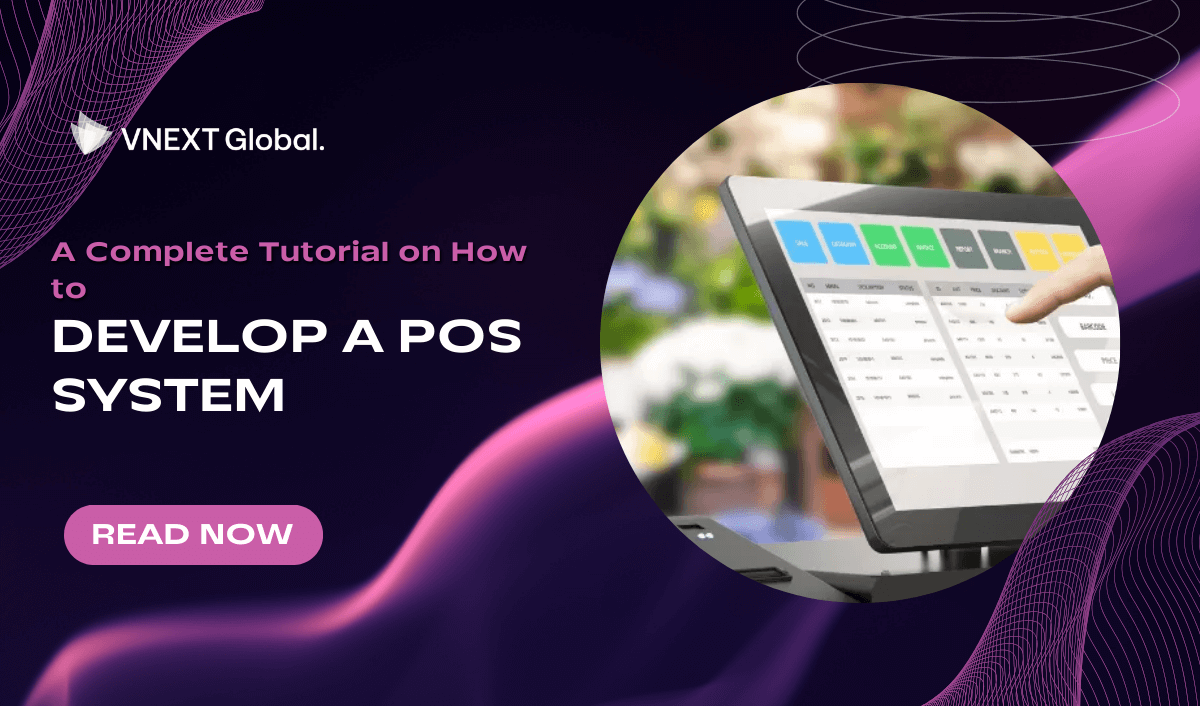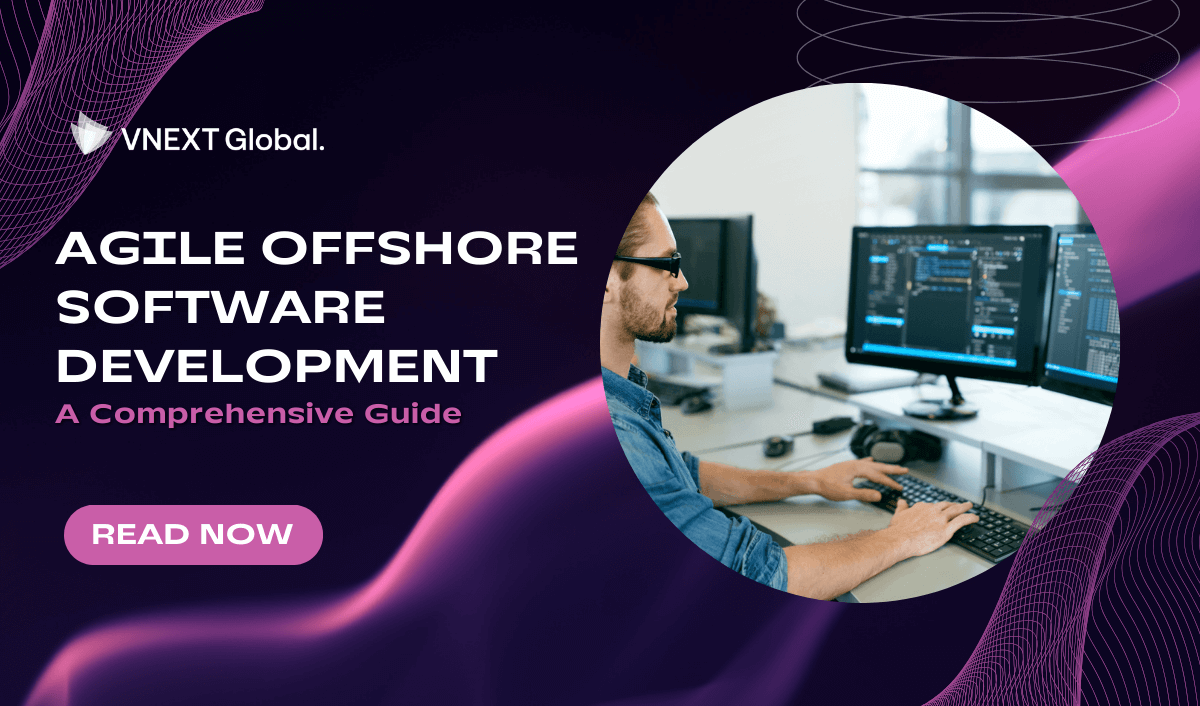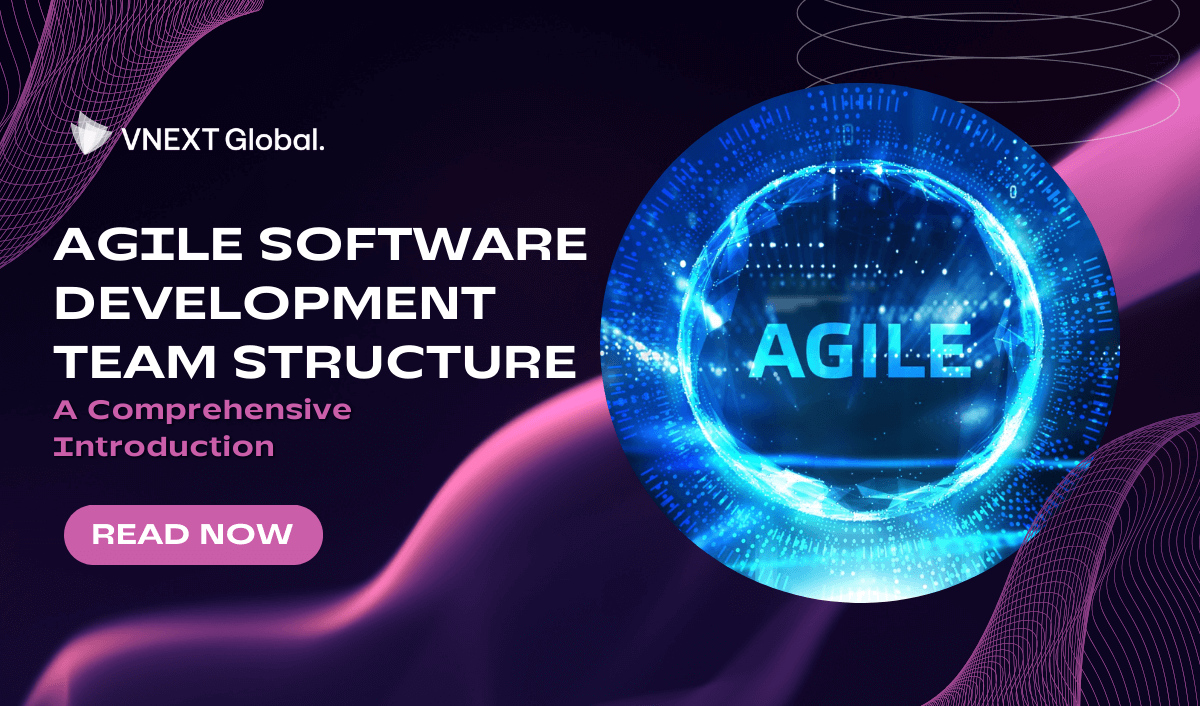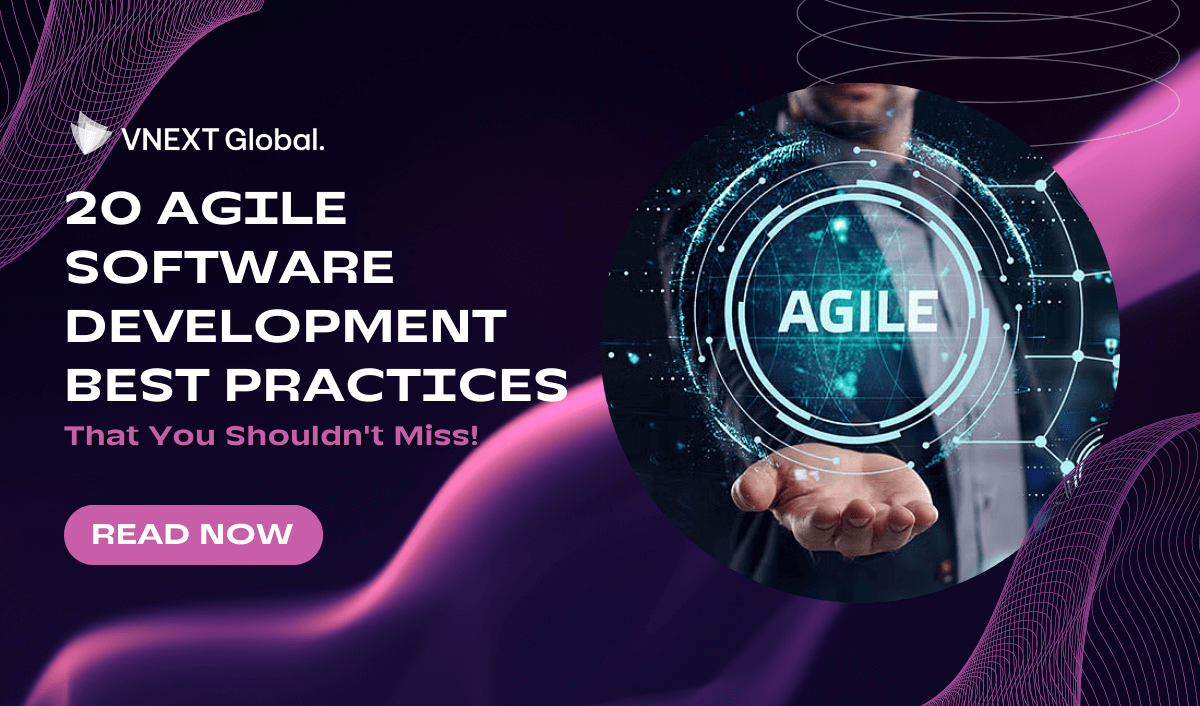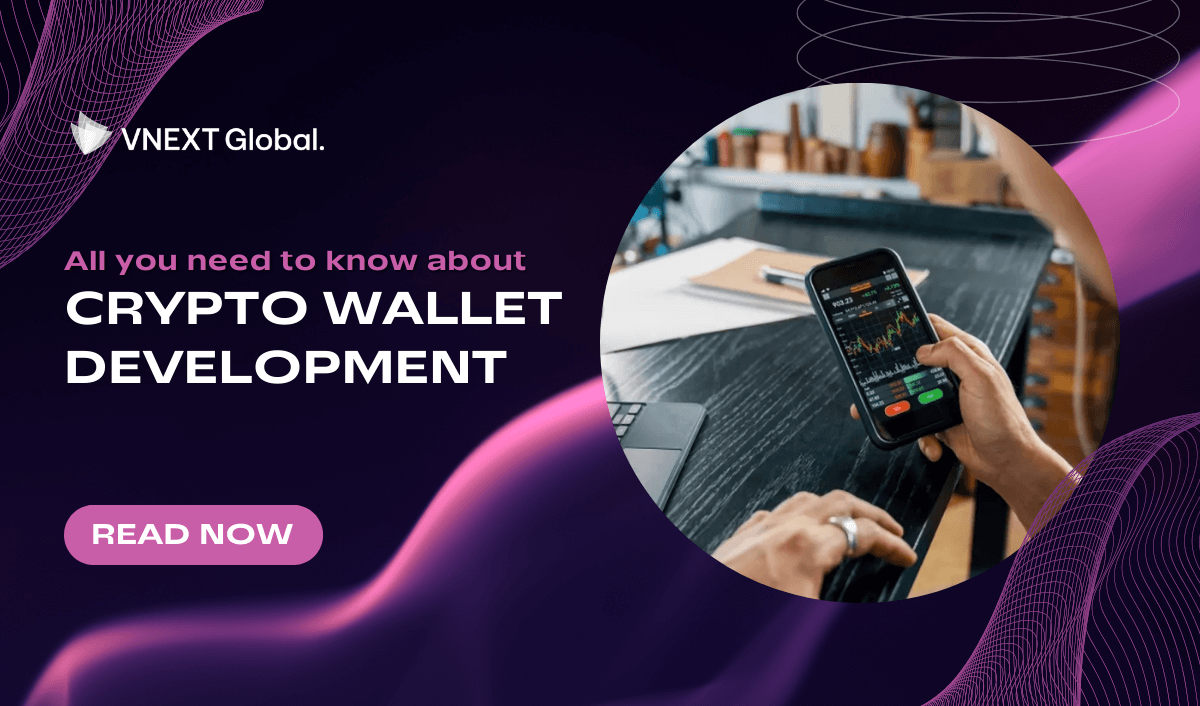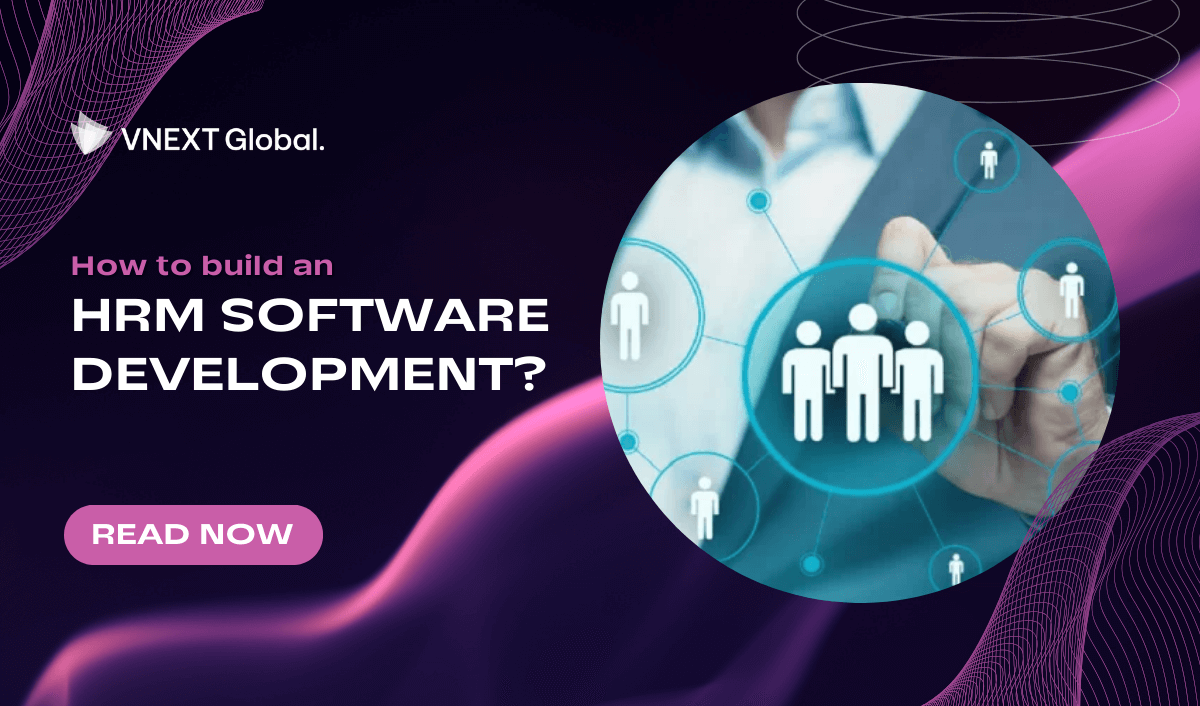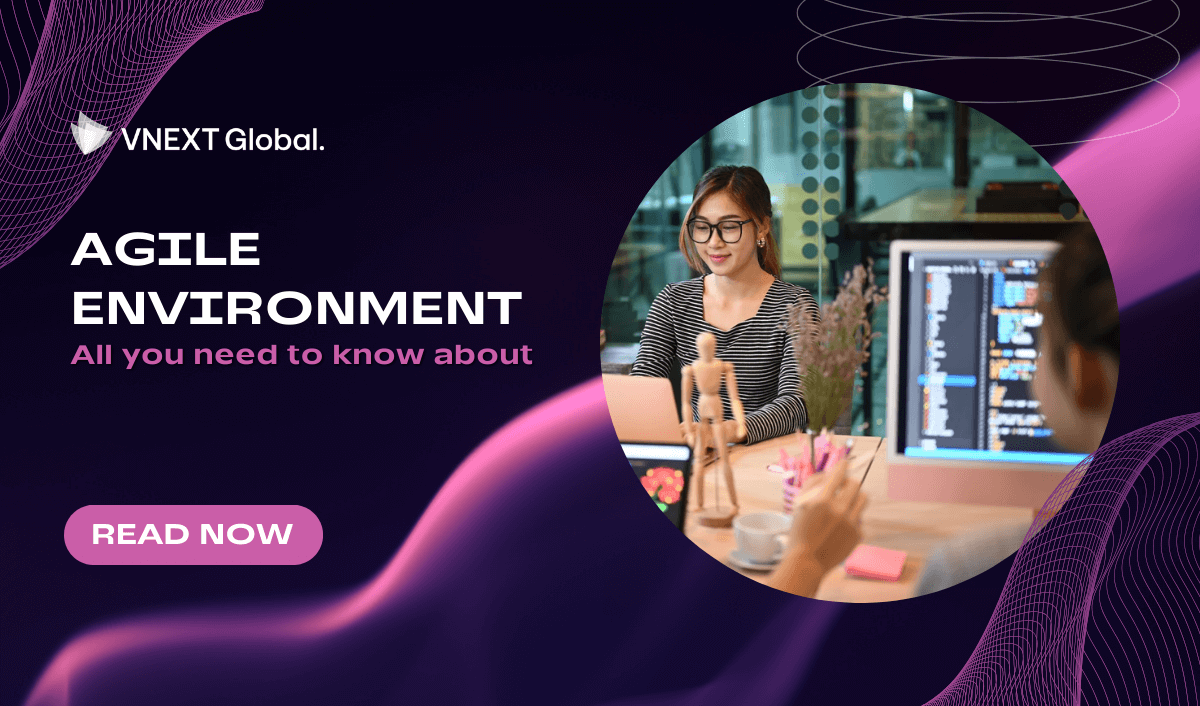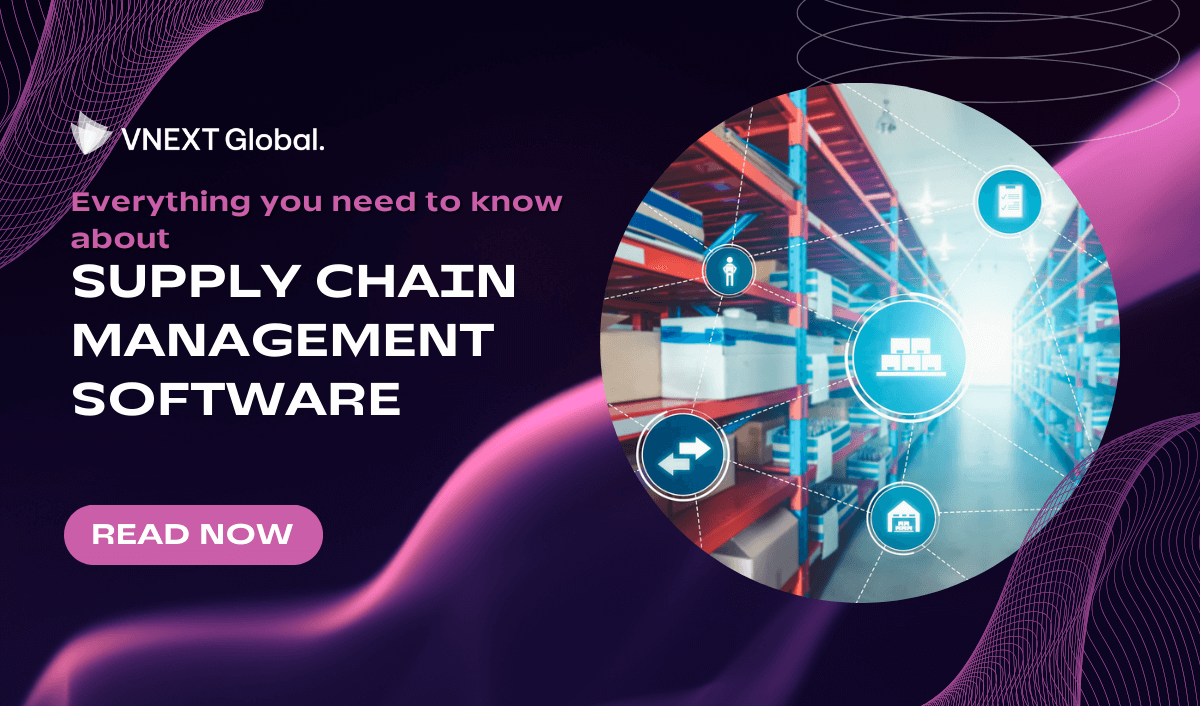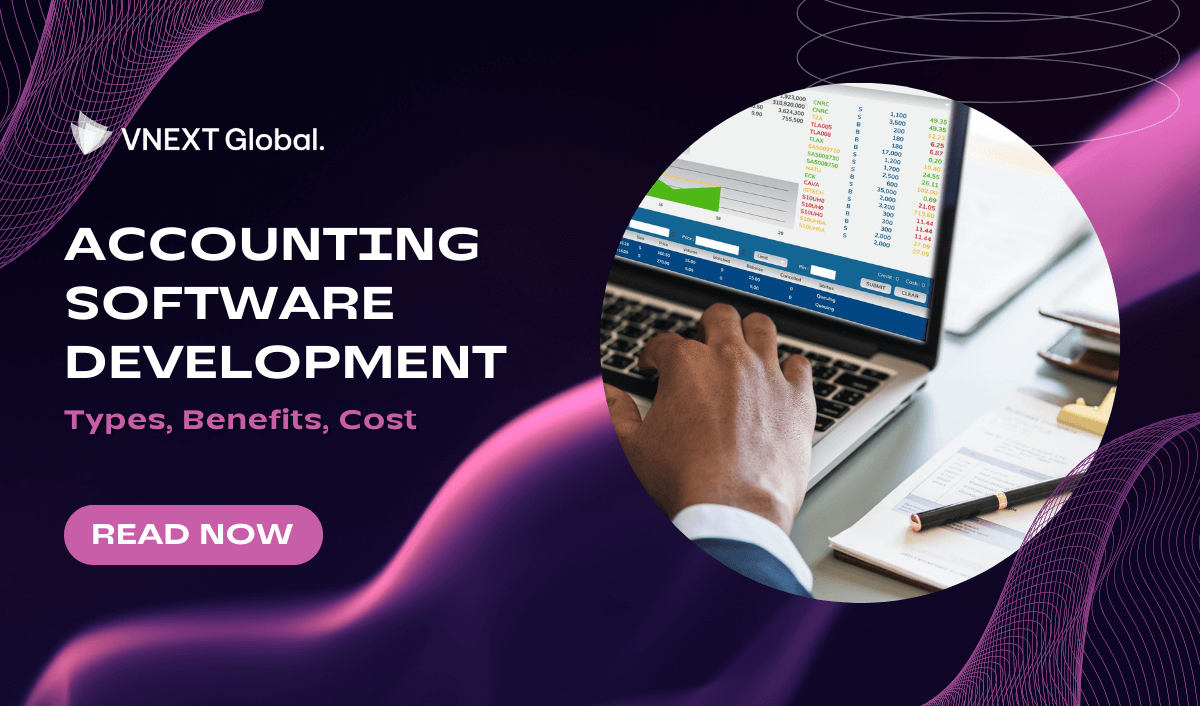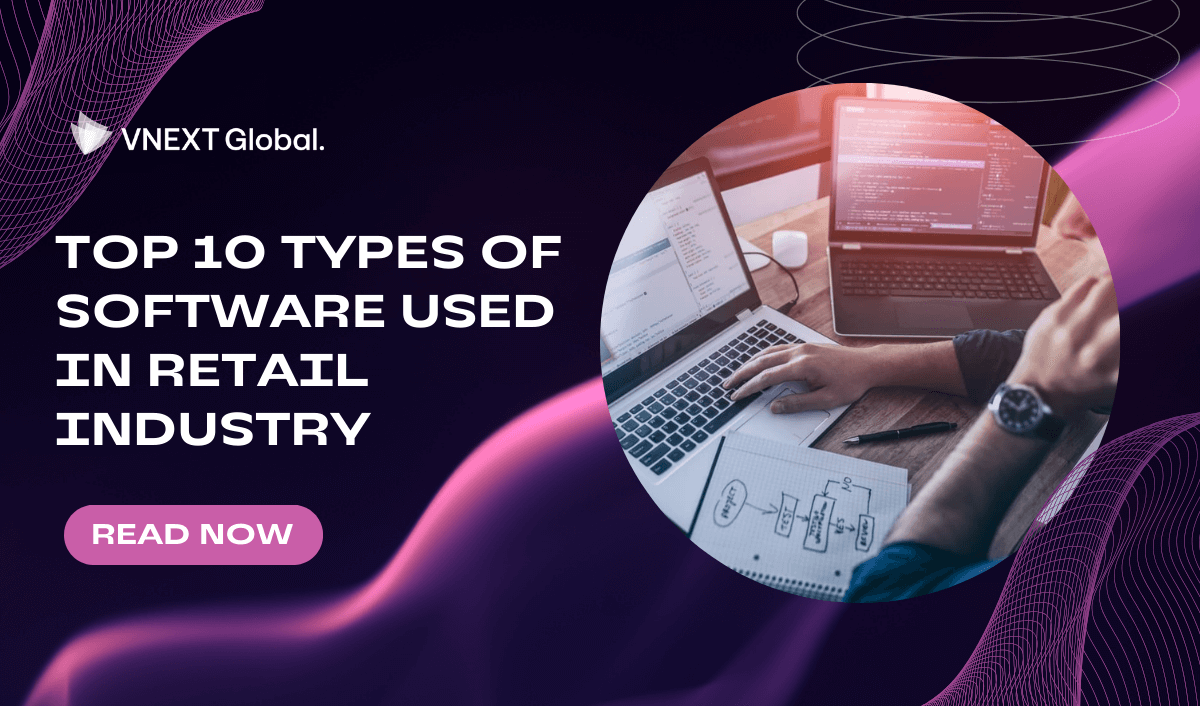Learning management system development guideline
Have you ever wondered how technology has revolutionized education and training in the digital age? Learning Management Systems (LMS) are at the heart of this transformation. They make learning more accessible, engaging, and effective, whether in the classroom or the boardroom. In this guide, we'll unravel the world of LMS development: What it is, how to build one, the time it takes, and the essential resources you need to embark on this educational journey.
What is Learning Management System Development (LMS)?
Before delving into the world of LMS development, it's essential to understand what a Learning Management System is. In its simplest form, an LMS is a software application designed to facilitate the management, delivery, and tracking of educational content, training programs, or courses. It serves as a central platform for instructors, students, and administrators to interact and collaborate in a digital learning environment.
LMS development involves the creation of these digital platforms, catering to a wide range of users, including schools, colleges, universities, businesses, and government organizations. Here are some key aspects of LMS development:
LMS development key characteristics:
1. User Management
A well-designed LMS should allow administrators to create and manage user accounts efficiently. This includes features such as user registration, role assignment (e.g., teacher, student, administrator), and access control.
2. Content Management
Content is at the heart of any LMS. Developers need to design user-friendly interfaces for uploading, organizing, and presenting various types of educational content, such as text, videos, quizzes, and assessments.
3. Course Creation and Management
LMS development includes tools for instructors to create and manage courses. This often involves setting up modules, lessons, assignments, and assessments. Instructors should also be able to monitor students' progress and performance.
4. Communication and Collaboration
To foster a productive learning environment, LMS development must include communication and collaboration features. These may encompass discussion forums, messaging systems, and real-time video conferencing.
5. Reporting and Analytics
Robust LMS platforms provide data-driven insights into student performance. Developers need to create features that generate reports and analytics, helping instructors and administrators make data-driven decisions.
6. Scalability and Customization
As the needs of educational institutions and organizations differ, LMS development should offer scalability and customization options. This allows clients to adapt the system to their unique requirements.
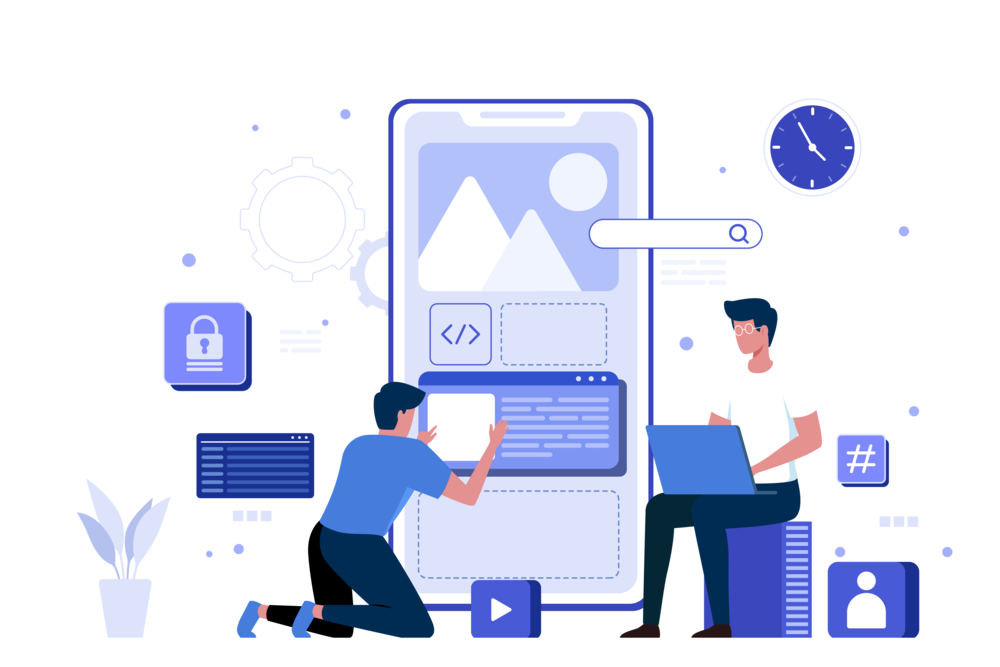
How to Build a Learning Management System?
Building a learning management system is a complex undertaking that involves a series of stages
and decisions. Here's a step-by-step guide to LMS development:
1. Define Your Objectives and Audience
Start by identifying your target audience and the primary objectives of your LMS. Knowing whether you're developing an educational LMS for K-12 students, a corporate training platform, or something else will greatly influence your design and functionality decisions.
2. Choose the Right Technology Stack
Selecting the appropriate technology stack is crucial. The choice of programming languages, frameworks, and databases will impact the system's performance and scalability. Common technologies for LMS development include PHP, Ruby on Rails, Python, JavaScript (with frameworks like React or Angular), and databases like MySQL or PostgreSQL.
3. Design the User Interface (UI) and User Experience (UX)
The user interface and experience are paramount in LMS development. An intuitive and visually
appealing design is essential to engage learners. Work closely with UI/UX designers to create user-friendly interfaces for both students and instructors.
4. Develop Core Features
Begin developing the core features of your LMS. This includes creating user registration and authentication systems, content management, course creation, and user management. It's essential to ensure that the system is responsive, accessible, and secure.
5. Implement Communication and Collaboration Tools
Integrate communication and collaboration tools like discussion forums, messaging systems, and video conferencing. These features should enable meaningful interactions between instructors and learners.
6. Incorporate Reporting and Analytics
Develop reporting and analytics features that track student progress and performance. This data-driven approach helps instructors and administrators make informed decisions about curriculum and user management.
7. Test and Quality Assurance
Thoroughly test the LMS for functionality, usability, and security. Address any issues, bugs, or vulnerabilities that arise during testing. User testing can also provide valuable feedback for further improvements.
8. Scalability and Customization
Design your LMS with scalability and customization in mind. This ensures that it can grow with the needs of the users and accommodate specific requirements of different clients.
9. Launch and Deployment
After rigorous testing and refinements, it's time to deploy your LMS. Consider hosting options such as on-premises, cloud-based, or hybrid solutions. Provide comprehensive training and support for administrators and instructors.
10. Continuous Maintenance and Updates
LMS development is an ongoing process. Regularly maintain and update the system to fix bugs, enhance performance, and add new features. Stay updated with the latest trends and technologies in e-learning to remain competitive.
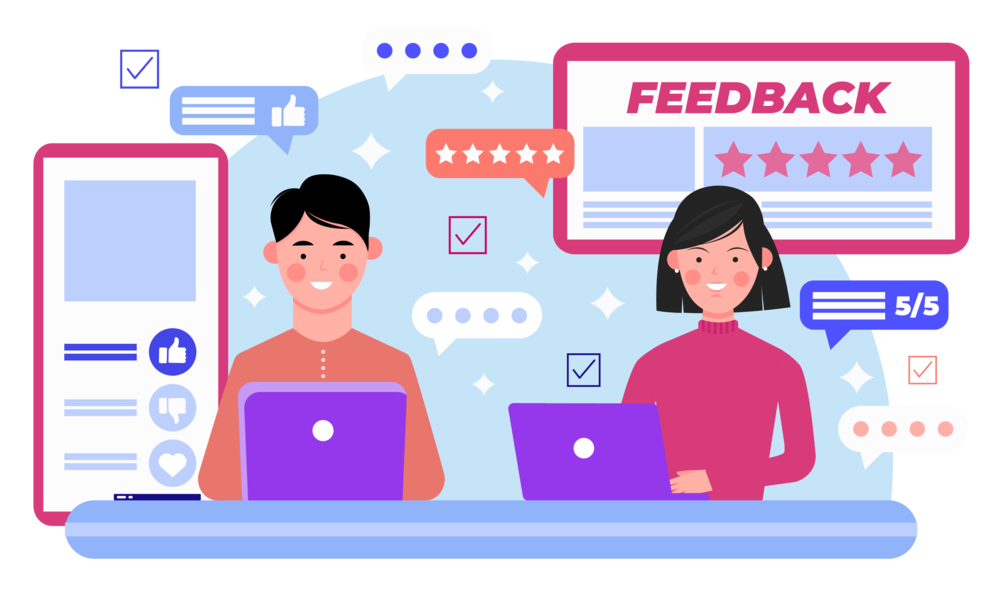
How Long Does It Take to Build an LMS Platform?
The duration for building an LMS platform can vary significantly based on several factors. Here are the key factors that influence the timeline:
1. Scope and Complexity
The size and complexity of your LMS project play a significant role. Developing a simple LMS for a small educational institution might take a few months, while creating a feature-rich corporate LMS could extend to a year or more.
2. Development Team
The expertise and size of your development team can impact the timeline. A larger team with diverse skills can accelerate development, but it may also increase coordination overhead.
3. Technology Stack
The choice of technology stack can affect development speed. Using established frameworks and tools can expedite the process, while custom development or cutting-edge technologies may introduce additional development time.
4. Customization Requirements
The degree of customization needed by your clients or users can significantly influence the timeline. Highly customized LMS platforms generally require more time for development.
5. Testing and Quality Assurance
Rigorous testing and quality assurance are essential for a reliable LMS. The time allocated to these phases can vary, but cutting corners in this area can lead to long-term issues.
In general, a basic LMS may take around 3 to 6 months to develop, while a more complex system can take a year or longer. It's crucial to establish a realistic timeline based on your project's unique requirements and constraints.
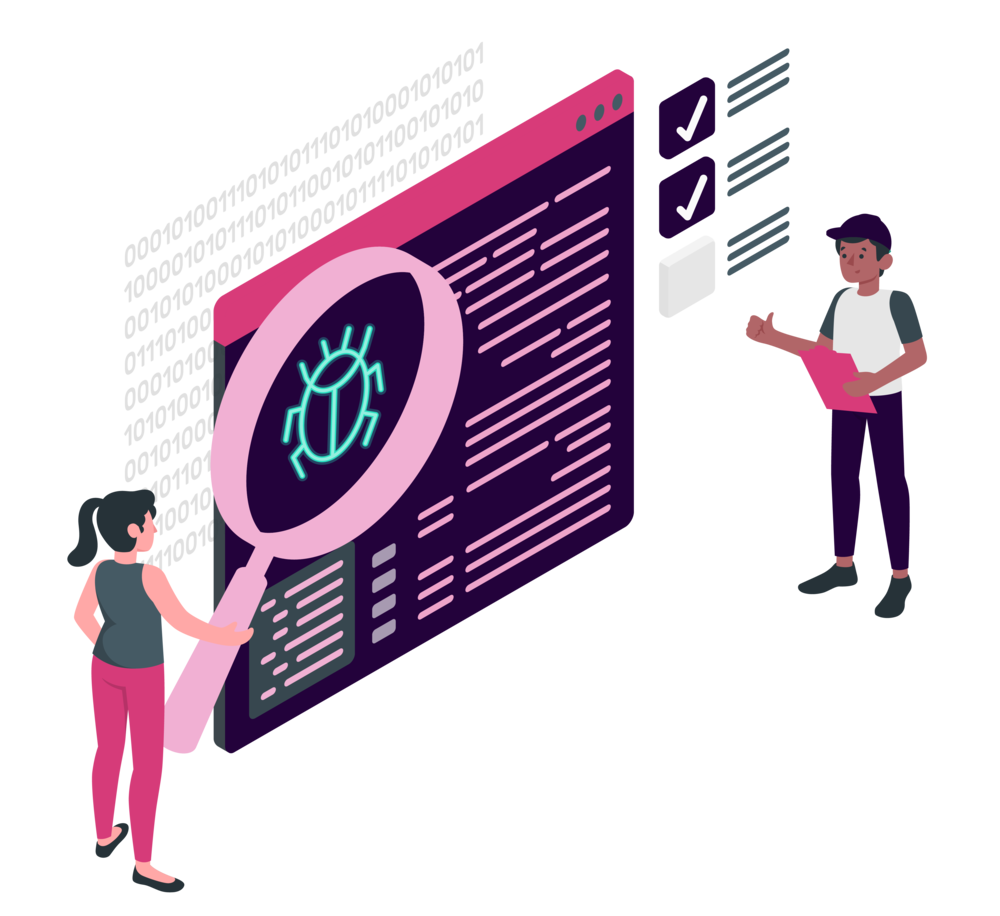
Custom LMS Development Solution with VNEXT Global
Building an LMS involves the use of various tools and resources, and one standout solution in the field of custom LMS development is VNEXT Global. With a focus on tailored e-learning platforms, VNEXT Global offers a comprehensive approach to creating an LMS that precisely fits your requirements.
1. Tailored Development:
VNEXT Global specializes in creating custom LMS solutions that align with your specific needs. Whether you're an educational institution, a corporate entity, or a government organization, their team can design and develop an LMS that caters to your unique objectives and audience.
2. Expertise and Experience:
VNEXT Global's team of experienced developers and designers have a proven track record in LMS development. They possess the technical knowledge and creativity needed to craft user-friendly interfaces, integrate communication tools, and implement advanced features.
3. Agile Development:
VNEXT Global follows agile development methodologies, ensuring flexibility and adaptability throughout the project. This approach allows for regular feedback, adjustments, and faster development cycles.
You may want to refer to this blog:
Agile Offshore Software Development: A Comprehensive Guide
4. Quality Assurance:
Rigorous testing and quality assurance are integral to VNEXT Global's process. They prioritize the reliability and performance of the LMS, guaranteeing a seamless user experience and minimizing potential issues.
5. Long-Term Support and Maintenance:
VNEXT Global offers post-launch support and maintenance services, ensuring your LMS remains up-to-date, secure, and effective. They stay current with emerging trends and technologies, so your LMS remains competitive in the ever-evolving e-learning landscape.
Whether you're considering creating an LMS for education or corporate training, VNEXT Global provides a comprehensive and customizable solution to meet your e-learning needs. Their expertise in custom LMS development can help you craft a platform that stands out in the digital learning environment.
Refer to our showcases now to get more insight!
VNEXT Global Education’s Showcases
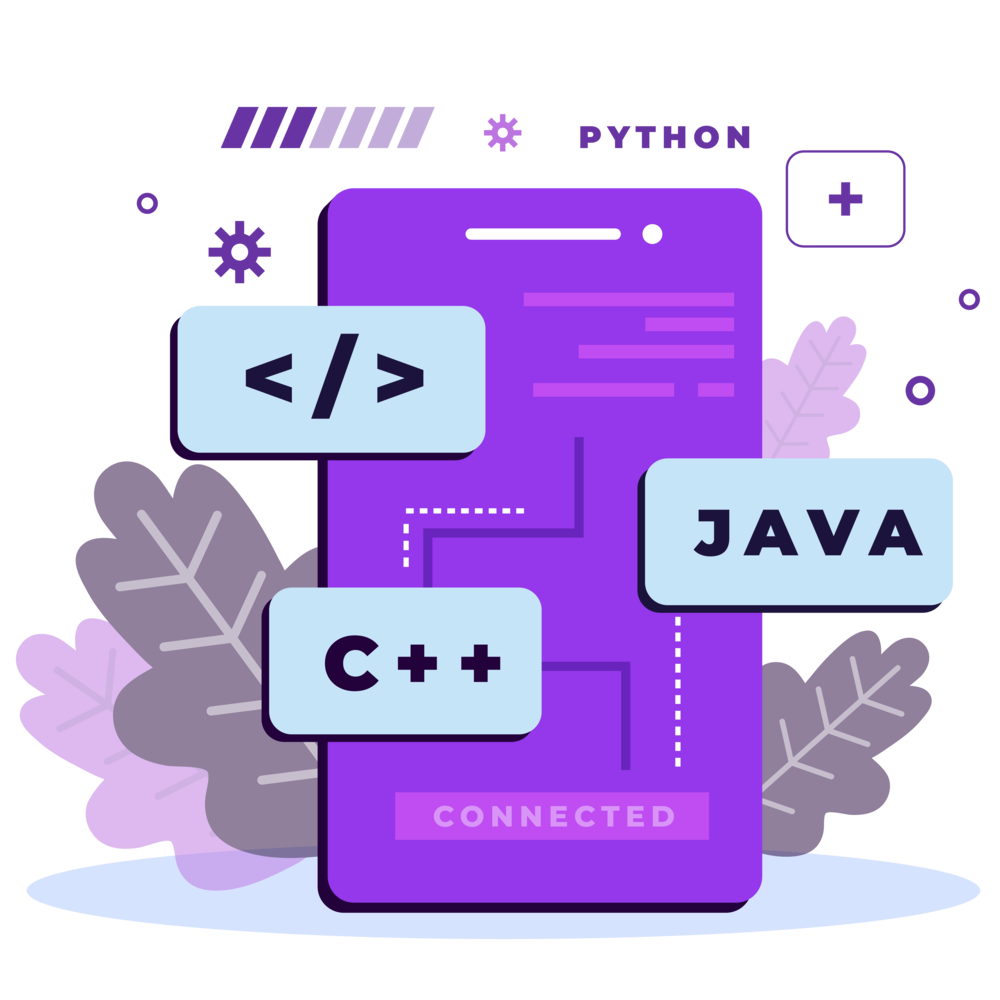
Final Thoughts:
In conclusion, Learning Management System development is a complex but highly rewarding field. With the increasing demand for online learning, the development of robust, user-friendly, and feature-rich LMS platforms has become a necessity for educational institutions and businesses. Whether you are an educator, a developer, or a business looking to enhance your training programs, LMS development offers the opportunity to shape the future of learning in the digital age.
If you are looking for a trusted IT partner, VNEXT Global is the ideal choice. With 14+ years of experience, we surely can help you to optimize your business digitalization within a small budget and short time. Currently, we have 400+ IT consultants and developers in Mobile App, Web App, System Development, Blockchain Development and Testing Services. We have provided solutions to 600+ projects in several industries for clients worldwide. We are willing to become a companion on your way to success. Please tell us when is convenient for you to have an online meeting to discuss this further. Have a nice day!

